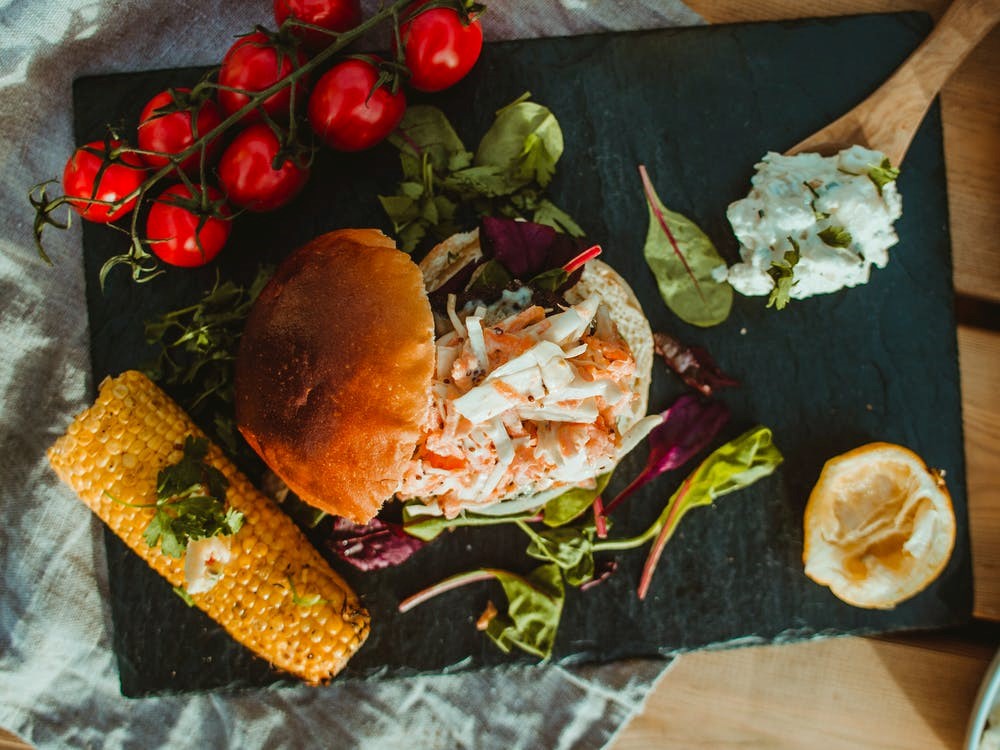
CBD continues to dominate the health and wellness sectors. But introducing CBD into your diet goes far beyond simply taking a few drops of CBD oil. Read on to find out how to maintain a CBD-rich diet.
Looking to incorporate CBD into your diet? You’re not alone. Whether it’s to relieve specific symptoms or simply improve their overall health and well-being, people worldwide are looking to include CBD and other cannabinoids in their daily diet.
Read on to find out how a CBD diet can help you live a healthier and happier life.
Why include CBD in your diet?
Cannabinoids have taken centre stage in the world of health and wellness. Everyone from athletes to stay-at-home parents are now turning to cannabinoids to lead healthier lives.
In fact, some research even suggests that clinical endocannabinoid deficiency (or CECD) may be the underlying cause of everything from migraines and irritable bowel syndrome to chronic pain and depression. For many, that’s enough to justify looking for natural ways to incorporate CBD and other cannabinoids into their diet.
How to easily incorporate CBD into your diet?
Start with a balanced dietCBD isn’t a magic bullet, and it won’t magically make you healthy unless you’re already eating a solid, balanced diet. So before you take a CBD dropper or try cooking with CBD, take the time to assess your current eating habits and make sure you’re eating plenty of fruit, vegetables, healthy proteins and grains.
-
Gradually introduce CBD into your body
When introducing a new supplement into your diet, it is important to do so gradually. CBD, in particular, is a unique compound that affects everyone differently, and people often have to experiment with different doses to find the “sweet spot” where they feel optimal relief/results.
If you’ve never used CBD before but want to try it as a general health supplement, we recommend starting with a low dose of a medium strength CBD oil, such as our 5 or 10% CBD oil. We recommend starting with a single daily dose of a ¼ dropper, taken either in the morning or evening.
Keep the oil in your mouth (preferably under the tongue) for about 60 seconds for faster absorption and pay close attention to how the oil makes you feel for the rest of the day. If you don’t get the desired effects from this dose after a week, increase your dose to a ½ dropper.
Remember that CBD is non-toxic and generally well-tolerated, so you can essentially take as much as you want (within the recommended dosage guidelines), but there’s no reason to overdo it. Just be sure to let your body adjust to higher doses to avoid unwanted side effects (although rare, some people experience drowsiness when they start using CBD).
-
Find the right CBD product
We always recommend that people start their CBD nutritional journey with CBD oil. There are several reasons for this:
– CBD oils are readily available in many parts of the world.
– CBD oils give you the ability to adjust your dose and find your own “sweet spot”.
– CBD oils work quickly, usually within 15-20 minutes.
However, you may find that CBD oil doesn’t quite give you the effect you’re looking for. If, for example, you are looking for long-lasting effects or an easier way to dose, you may want to consider a product like our CBD softgels. Available in 4% and 10% concentrations, these capsules offer a slow and long-lasting release of CBD through the digestive tract.
If, on the other hand, you are considering using CBD for localised effects (such as to combat muscle soreness after a workout), you may want to consider using CBD-infused topical products, such as creams or ointments. Unlike edibles and oils, these products deliver CBD to the skin’s receptors, offering highly localised results without entering the bloodstream.
These options are just the tip of the iceberg; you can also find a multitude of CBD vitamins and supplements to suit your needs and preferences.
Consider using CBD in food
If you want to make CBD a staple in your diet, you don’t need to rely on ready-made products like tinctures, edibles and topicals. Many people use CBD-rich flowers or oils to infuse their favourite dishes. To learn more about CBD in food, check out our exclusive article on how to cook with CBD.
Also, don’t forget to check out some of the following CBD recipes to get you started!
– Cannabis Flour
– Cannabis-infused vegan chocolate biscuits
– Cannabis Hummus
Final thoughts on CBD nutrition
CBD nutrition isn’t rocket science, but it does take some time and experimentation to get the most out of a CBD-infused diet. People who regularly use CBD, whether in their cooking or as a dietary supplement, often report that it improves their mood, can help with weight loss and moderation of eating habits, improves sleep, and more. Check out our full list of CBD-infused products and start enjoying the benefits of this amazing cannabinoid today!



Leave a Reply